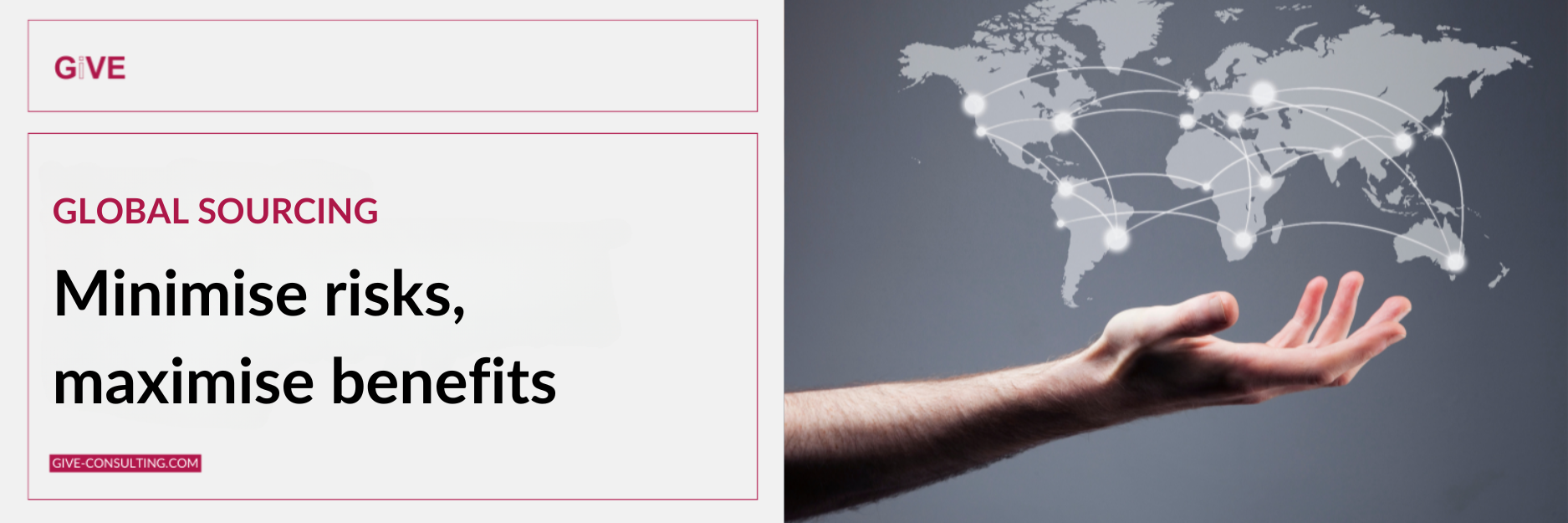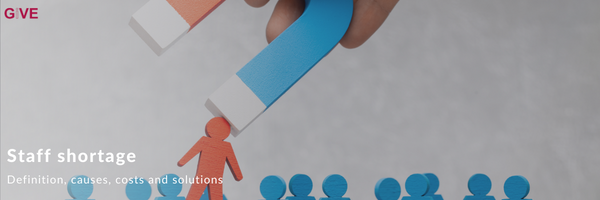GiVE - Blog

Key Benefits of Hiring an Interim Manager
- Speed and Agility: Interim managers can be in place almost immediately, dramatically reducing downtime. This rapid response prevents project delays. For urgent needs, some interims are in the role within 48 hours of the call.
Photo credit: PhotoMIX-Company für Pixabay (via Canva pro)
Introduction: The Challenge of Urgent Talent Gaps
Imagine a scenario where a critical project is set to launch in just one month, yet the project lead or specialist role remains unfilled. Traditional recruitment often can’t keep up with such urgent timelines.
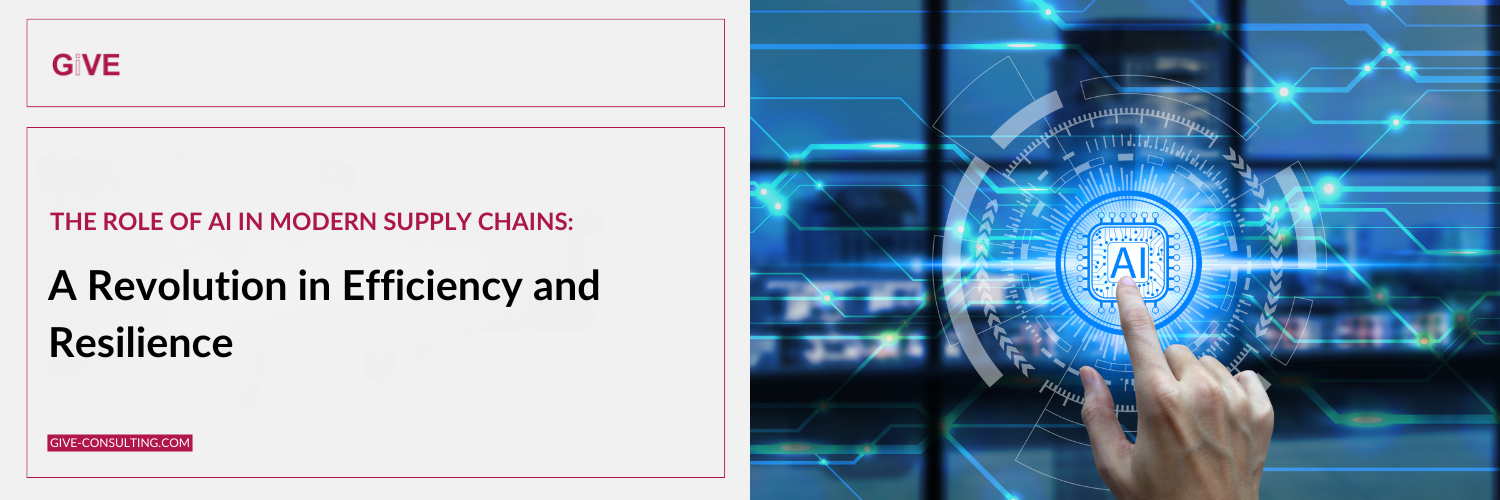 Photo credit: PhotoMIX-Company für Pixabay (via Canva pro)
Photo credit: PhotoMIX-Company für Pixabay (via Canva pro)
The role of AI in modern supply chains: a revolution in efficiency and resilience
In an increasingly interconnected and globalised world, the supply chain is becoming one of the key success factors for companies. Whether automotive manufacturers, retailers or technology companies – a smoothly functioning supply chain often determines success or failure.
Photo credit: PhotoMIX-Company für Pixabay (via Canva pro)
New business models in the automotive industry: from sales to mobility service provider
The automotive industry is currently undergoing a profound transformation that goes far beyond technological innovation.
Photo credit: PhotoMIX-Company für Pixabay (via Canva pro)
Challenges of supply chain management in dynamic markets
The automotive industry is facing enormous challenges as markets and technologies are changing rapidly.
Photo credit: PhotoMIX-Company für Pixabay (via Canva pro)
Automotive industry under pressure: strategies for more resilient supply chains
The automotive industry is one of the most complex sectors in the world and its supply chains place high demands on those involved.
Photo credit: PhotoMIX-Company für Pixabay (via Canva pro)
Strategic purchasing and global procurement networks
Strategic purchasing and the establishment of global procurement networks have become a key success factor.

Photo credit: PhotoMIX-Company für Pixabay (via Canva pro)
The importance of crisis management for resilience in the automotive industry
Natural disasters, political instability, supply chain disruptions, product recalls and cyber-attacks: such crises can have serious consequences for companies, from production stoppages and loss of sales to reputational damage.
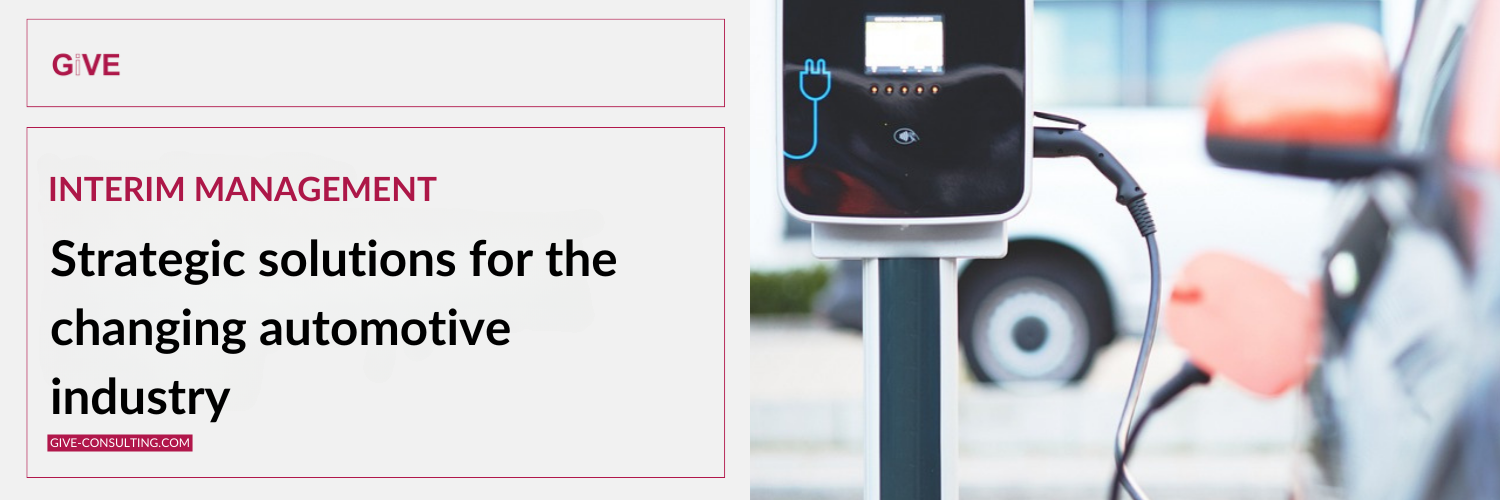
Photo credit: PhotoMIX-Company für Pixabay (via Canva pro)
Interim management in the automotive industry: shaping change, strengthening competitiveness
The automotive industry is undergoing radical change. CASE (Connected, Autonomous, Shared, Electrified) is shaping the industry and leading to rapid changes in market conditions. To remain competitive, companies need to be flexible and agile. Interim management is a strategic response to this.

Photo credit: PhotoMIX-Company für Pixabay (via Canva pro)
In the fast lane in the automotive industry with interim managers
The automotive industry is facing an epochal transformation. There are many reasons for this, from stronger global competition with new technology players from the USA and China to changing customer requirements and stricter regulations, particularly with regard to sustainability. In this dynamic environment, the use of interim managers and experts is becoming a strategic necessity for companies.
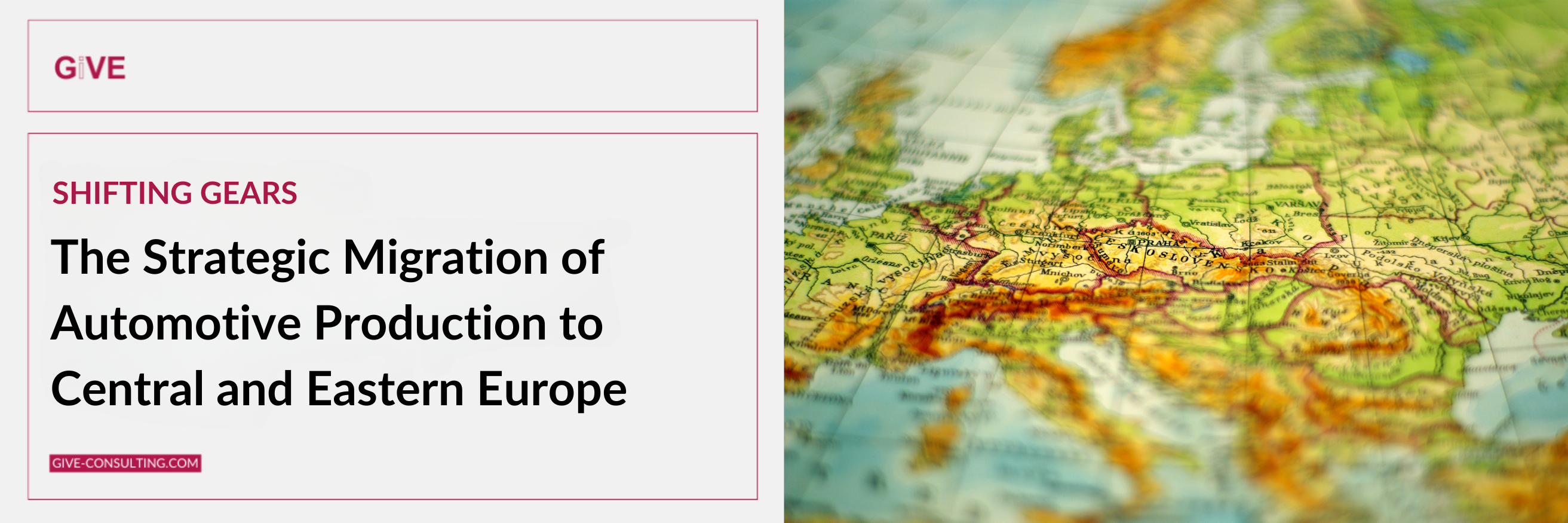
Photo credit: PhotoMIX-Company für Pixabay (via Canva pro)
Relocation of production by suppliers to the automotive industry: focus on Central and Eastern Europe (CEE)
Lower labour and production costs, more favourable tax conditions, less complex regulations, access to expanded sales markets: According to a study by the Cologne Institute for Economic Research (IW), German companies invested around 14% of their foreign investments in Central and Eastern Europe between 2010 and 2018.
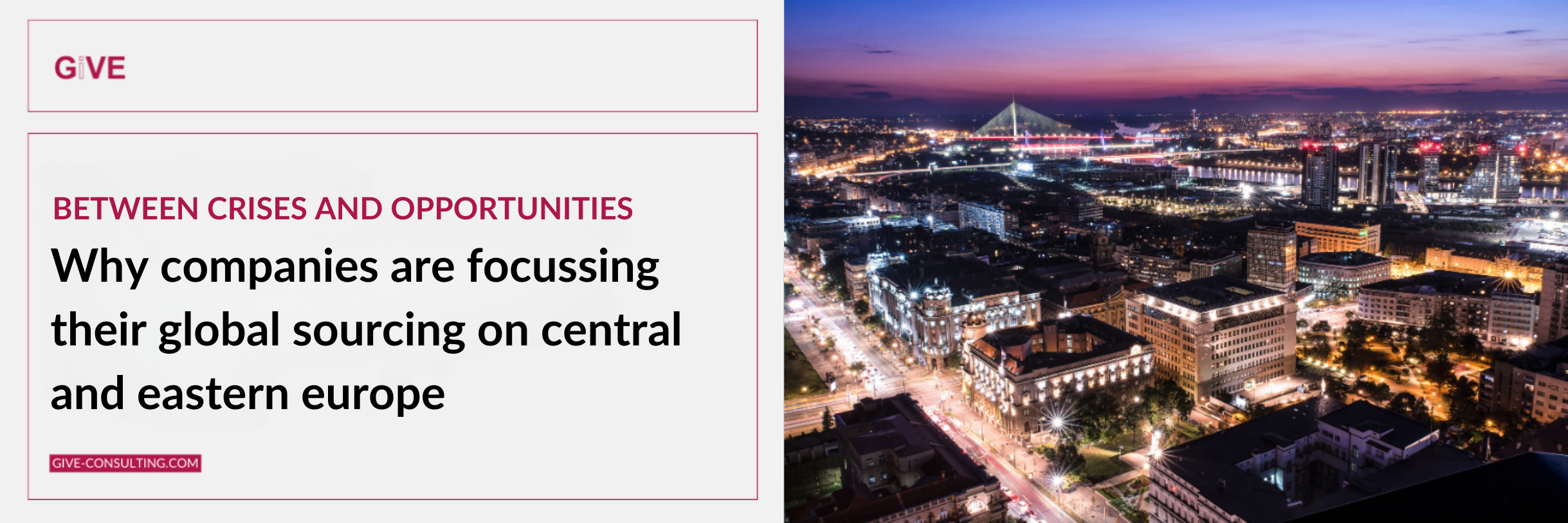
Bildnachweis: PhotoMIX-Company für Pixabay (via Canva pro)
Nearshoring instead of global sourcing: focus on Central and Eastern Europe (CEE)
In the face of global challenges such as pandemics, wars, geopolitical uncertainties and the climate crisis, companies are increasingly looking for solutions to make their supply chains more resilient. Nearshoring forms the basis for responding more flexibly to market requirements. Central and Eastern Europe are also increasingly coming into focus, but it is not just geographical aspects that speak in favour of this. This analysis highlights the complex aspects in favour of a global sourcing focus on Central and Eastern Europe.
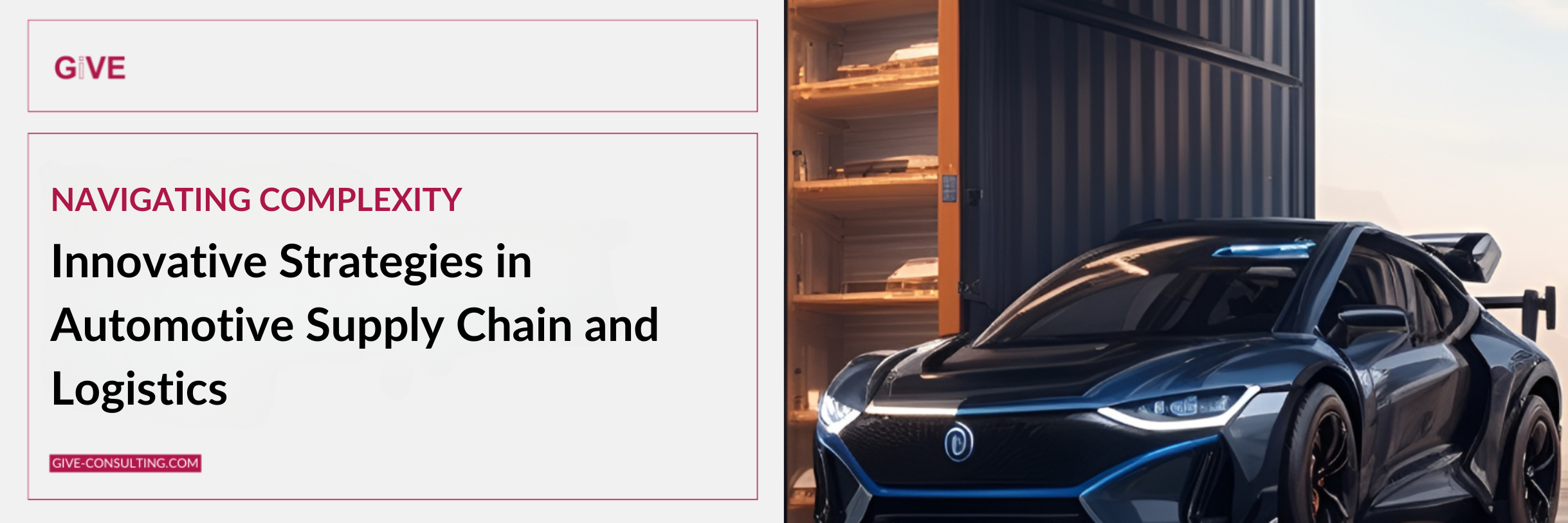
Photo credit: PhotoMIX-Company für Pixabay (via Canva pro)
Supply chains and logistics in the automotive industry: challenges and innovations
The automotive industry is one of the most economically relevant and innovative sectors in the world. With several million vehicles produced every year, it has to fulfil the needs and expectations of its customers. A flexible supply chain and efficient logistics are crucial for this to run smoothly. Delays in delivery and the resulting high costs are also challenges for the German automotive industry if it is to survive in the global market.
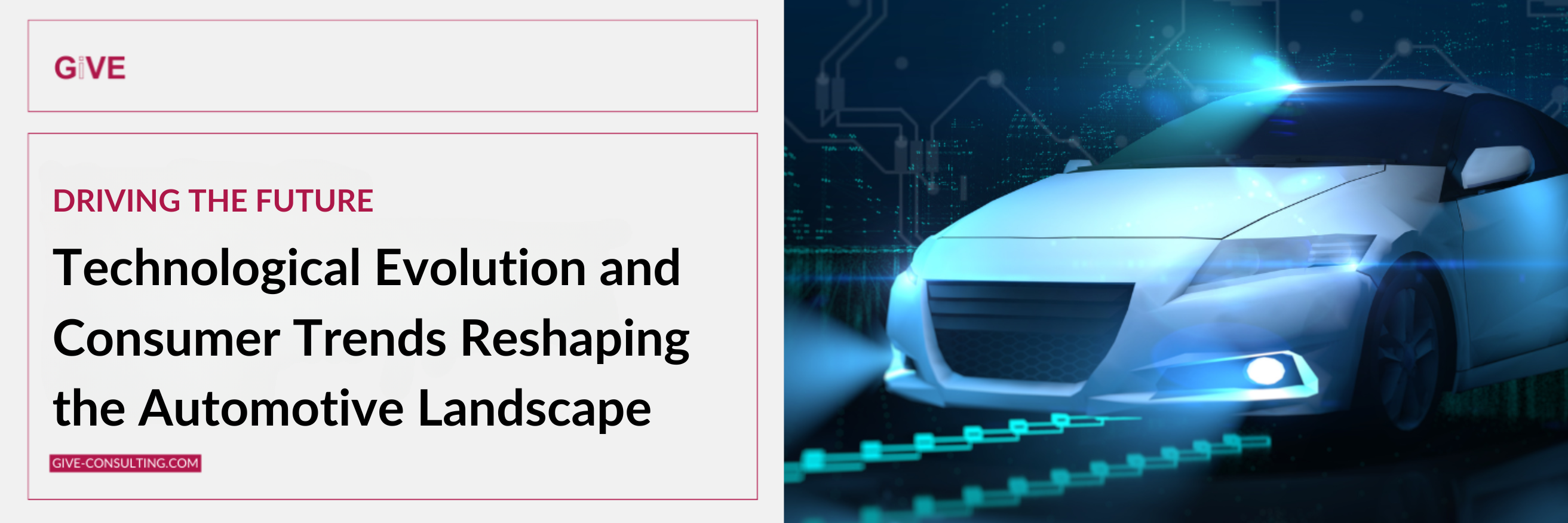
Photo credit: PhotoMIX-Company für Pixabay (via Canva pro)
Industry trends and insights into the automotive industry
The automotive industry is undergoing change. The transformation is currently strongly characterised by technological advances and changing customer requirements. In this blog post, we therefore take a closer look at some of the most important trends in the industry.

Photo credit: PhotoMIX-Company für Pixabay (via Canva pro)
Alternatives to electromobility: a look into the future of transport
Electromobility has gained enormously in importance in recent years and is seen as a promising approach to reducing emissions and protecting our environment. More and more electric vehicles are conquering the roads and the charging infrastructure is being increasingly expanded.
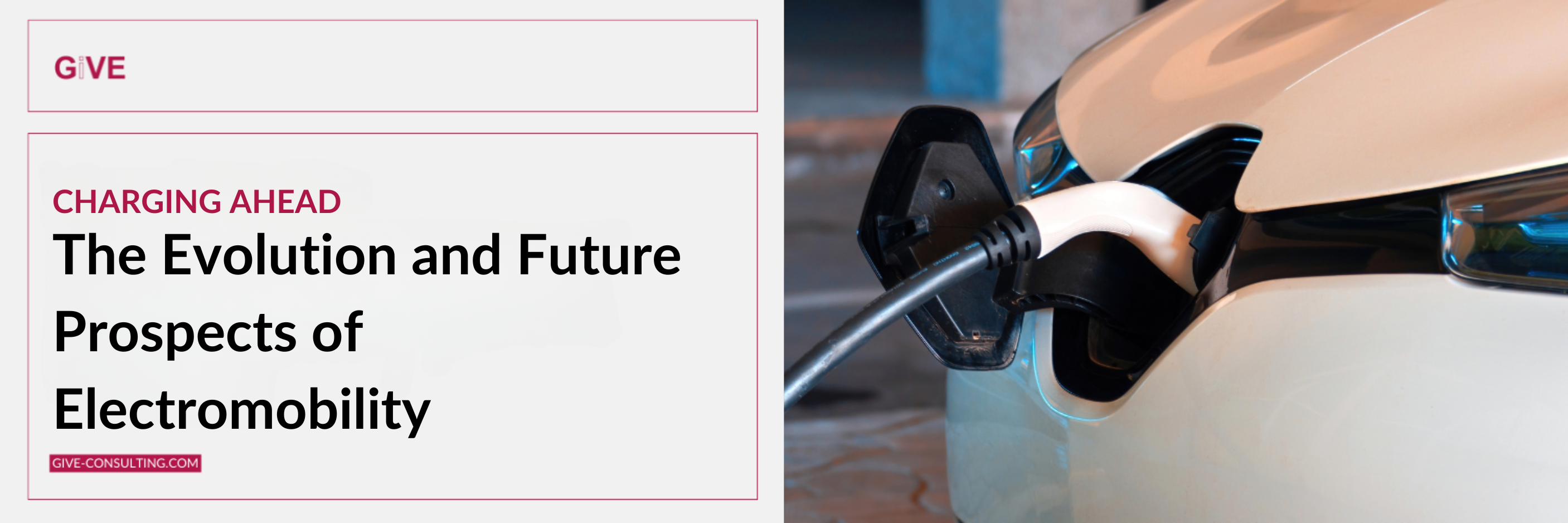
Photo credit: PhotoMIX-Company für Pixabay (via Canva pro)
Electromobility - current status and outlook
Electromobility is an important pillar for the sustainable and environmentally friendly mobility of the future. This is because it offers many advantages for the environment, the economy and society. It reduces greenhouse gas emissions, air pollution and noise pollution, improves energy efficiency and energy security, creates new jobs and promotes innovation.

Bildnachweis: PhotoMIX-Company für Pixabay (via Canva pro)
How flexible are German companies regarding volatile markets?
Markets today are faster, more dynamic and more unpredictable than ever. And companies face the challenge of constantly adapting to the changing needs of customers, new technologies and global competition.
On top of this, the global economy has been increasingly affected by uncertainty and turbulence in recent years. The Corona pandemic, Brexit, the trade war between the USA and China, geopolitical tensions around Taiwan, the climate crisis and raw material shortages are just some of the factors that pose major challenges for companies.
Volatile markets are characterized by sharp fluctuations in prices and changes in demand and supply that are often difficult to predict.
In this blog post, we look at the most important influences on the markets at the moment and show ways in which companies can deal with them.

Bildnachweis: PhotoMIX-Company für Pixabay (via Canva pro)
Relocation of production: Where have German companies relocated to in the past, and what does the future hold?
The relocation of production is an important factor for the competitiveness and future viability of companies. The main issue is adapting the locations to the needs of the market, the customers, and the company's strategy. In the last 20 years, many German companies have relocated their production to other countries to benefit from lower labor costs, more favorable taxes, simpler regulations, or a larger sales market.
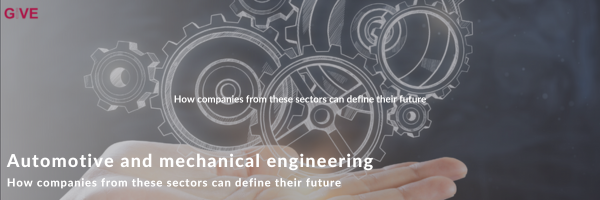
Bildnachweis: studioroman (via Canva pro)
How are automotive and mechanical engineering companies trying to define their future?
Companies in the automotive and mechanical engineering sectors are heavily dependent on the demand for their products - which in turn is influenced by consumer behavior, mobility, regulation, and technology.

Bildnachweis: studioroman (via Canva pro)
Project management - methods, trends, and advantages
Project management is an important factor in the success of companies and organizations. But which project management method is best for a particular project? The answer is not so simple because different approaches have advantages and disadvantages depending on the situation. In this blog post, we give an overview of some of the most popular project management methods and highlight current trends.
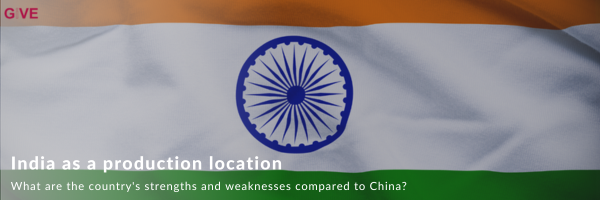
Bildnachweis: supparsorn für Getty Images (via Canva pro)
What are India's strengths and weaknesses as a production location compared to China?
India and China are equally important economic powers in Asia. High populations and lower wages make both countries attractive production locations for multinational companies.

Bildnachweis: Neydtstock für Getty Images (via Canva pro)
Can interim management replace a permanent position?
Highly qualified managers are often needed, especially for upcoming changes or new challenges. But finding a permanent manager who will stay with the company for the long term can sometimes be difficult. After all, the demands are high, and often very specific tasks are involved for which many years of experience in certain areas are necessary. To overcome these difficulties, interim management can therefore be a good way to adequately replace a missing manager. But interim managers also bring other tangible advantages.
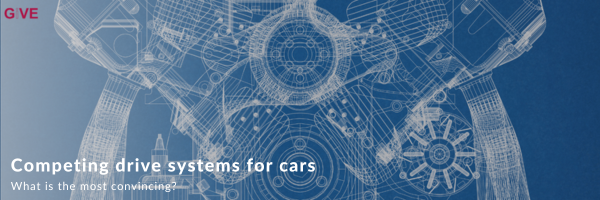
Bildnachweis: jelena83 für Getty Images (via Canva pro)
Competing drive systems for cars. Which is the most convincing?
In the last few decades, drive types for cars have evolved greatly. From the original combustion engines to hybrid and electric motors to fuel cell systems, there are now various types of engines for cars. Which one performs best depends very much on the intended use and the requirements for performance and environmental protection. In the following text, you can find out more about how they work and the advantages and disadvantages of the most common types of the drive systems currently available.
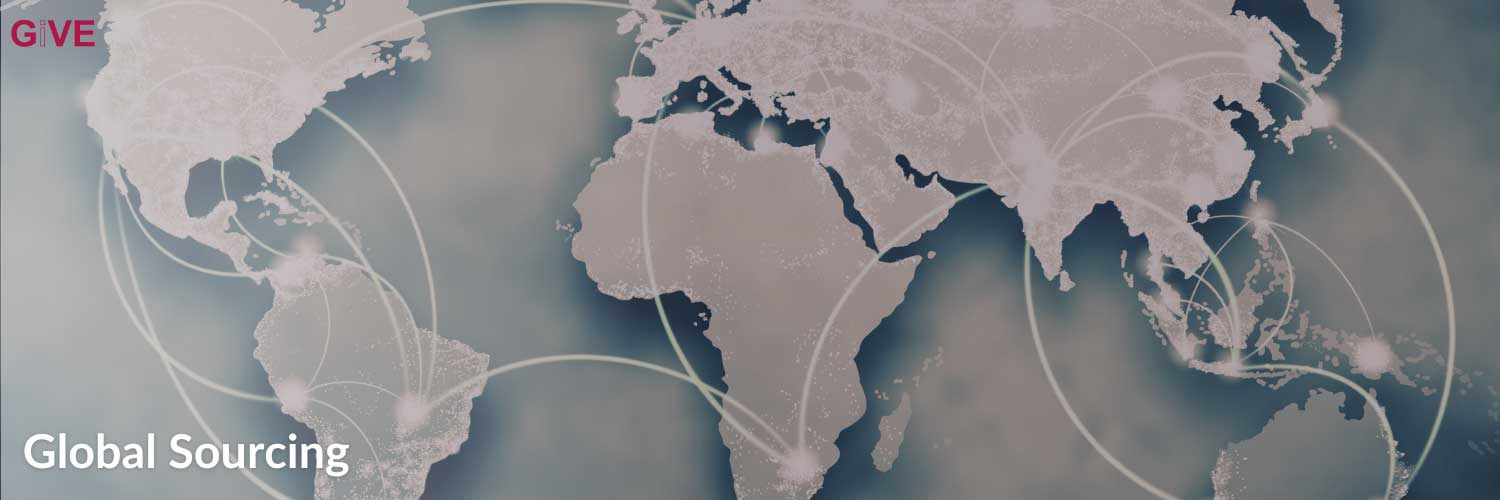
Bildnachweis: Sergey Nivens für Getty Images (via Canva pro)
Global Sourcing
Global sourcing is a relatively new trend that has developed in recent years. Unlike conventional sourcing, global sourcing is not limited to a specific market or manufacturer, but companies try to find the best products in the entire market. This makes it possible to reduce production and procurement costs while obtaining high-quality products.
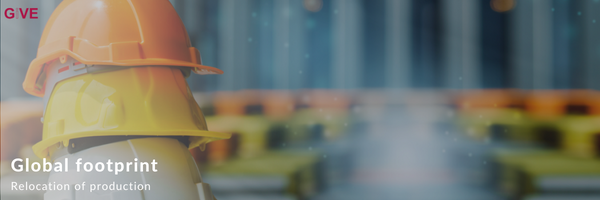
photo credit: rapeepatpornsipak (via Canva pro)
Global Footprint - Relocation of production
According to a recent survey by the DIHK (The Association of German Chambers of Commerce and Industry), around 15 percent of companies are now considering relocating production facilities back to Europe again. The following article explains the drivers and success factors for this development, which locations offer competitive advantages and for which industries relocation of production is particularly worthwhile.
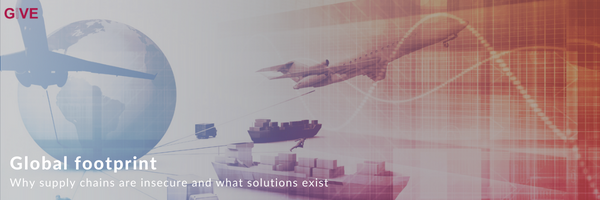
photo credit: kentoh ür Getty Images (via Canva pro)
Global Footprint - Uncertain supply chains and possible solutions
Uncertain supply chains represent a serious problem for companies in the automotive sector. Even a shortage of small components can shut down the entire production and lead to an enormous loss of revenue.
But why are supply chains uncertain, and what are possible solutions? In the following article, we address these questions:
photo credit: Getty Images (via Canva Pro)
Staff shortage - definition, causes and possible solutions
Staff shortages are making the headlines more and more often. No wonder, because it is becoming an ever greater problem for companies in Germany. There is not only a shortage of workers in the care or service sectors. There are also personnel shortages in highly qualified industries such as automotive, where it affects both workers and management personnel. Find out below what the causes of this personnel shortage are, what costs are incurred by an unfilled position and how you can take countermeasures.
photo credit: Getty Images (via Canva Pro)
Interim management — how companies benefit from it
Interim management means that companies temporarily entrust an external interim manager with management tasks. In most cases, these experts assume responsibility at the first or second management level. Due to the high level of responsibility, experience, leadership skills and technical expertise belong to the core competencies of these independent experts.









